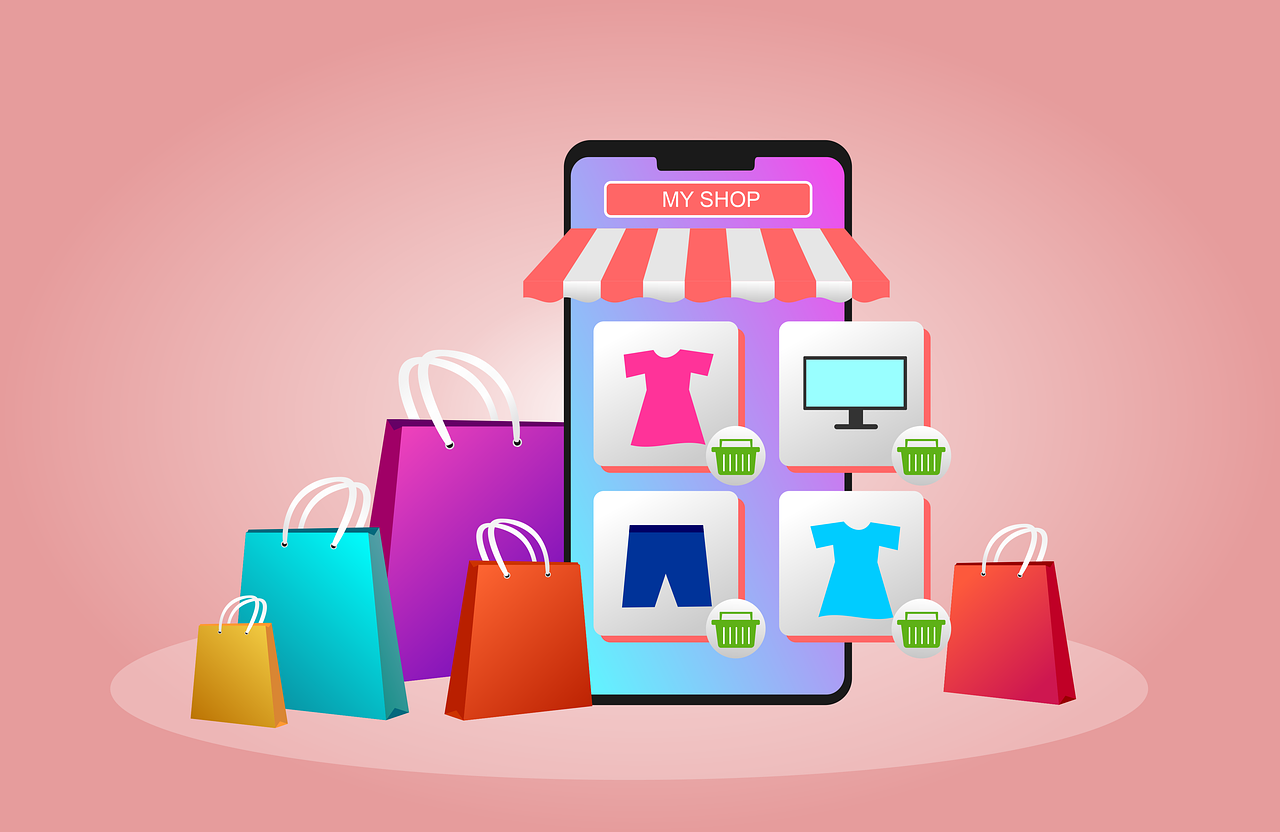E-commerce Marketing: The Engine Behind Online Store Success
In the fast-paced world of online business, simply having a great product isn’t enough. To thrive in a crowded digital marketplace, your brand needs visibility, trust, and a strategy to convert browsers into buyers. That’s where e-commerce marketing comes in—a powerful blend of tactics designed to attract, engage, and retain customers.
Whether you’re launching a new online store or scaling an existing one, mastering e-commerce marketing is essential to achieving sustainable growth.
What Is E-commerce Marketing?
E-commerce marketing refers to the strategies and techniques used to drive traffic to an online store, convert visitors into customers, and encourage repeat purchases. It combines various digital channels—such as SEO, email, social media, paid advertising, and content marketing—to reach and engage a target audience.
Core Elements of E-commerce Marketing
A well-rounded e-commerce marketing strategy often includes:
1. Search Engine Optimization (SEO)
Optimizing your product pages and site structure helps you rank higher on Google and attract organic traffic from people actively searching for what you sell.
2. Pay-Per-Click (PPC) Advertising
Platforms like Google Ads, Meta Ads (Facebook & Instagram), and TikTok allow you to target users with laser precision and drive immediate traffic to your store.
3. Email Marketing
Keep customers engaged with newsletters, abandoned cart reminders, personalized product recommendations, and exclusive offers.
4. Social Media Marketing
Platforms like Instagram, Pinterest, and TikTok are ideal for showcasing products, running promotions, and connecting with your audience.
5. Content Marketing
Blog posts, how-to guides, videos, and buying guides not only improve SEO but also help build trust and authority in your niche.
6. Affiliate & Influencer Marketing
Partnering with content creators or affiliates can expand your reach and drive qualified traffic to your store.
7. Conversion Rate Optimization (CRO)
Improving your site’s usability, layout, and checkout flow ensures that more visitors become buyers.
What You Can Learn from E-commerce Marketing Classes
Creating a marketing plan for your store
Using tools like Shopify, WooCommerce, or BigCommerce
Running ad campaigns that generate ROI
Email list building and automation
Building social proof and trust
Analytics and performance tracking
Customer retention strategies
Who Should Learn E-commerce Marketing?
Aspiring store owners launching a new brand
Established retailers wanting to scale online
Marketing professionals who want to specialize in digital commerce
Freelancers and consultants working with e-commerce clients
Dropshippers and Amazon sellers looking to improve conversion rates and brand presence
The success of your online store doesn’t just depend on your product—it depends on your ability to market it effectively. E-commerce marketing is the engine that drives traffic, builds trust, and turns casual visitors into loyal customers. Whether you’re starting from scratch or refining an existing strategy, investing in your marketing skills can lead to measurable, lasting growth.





